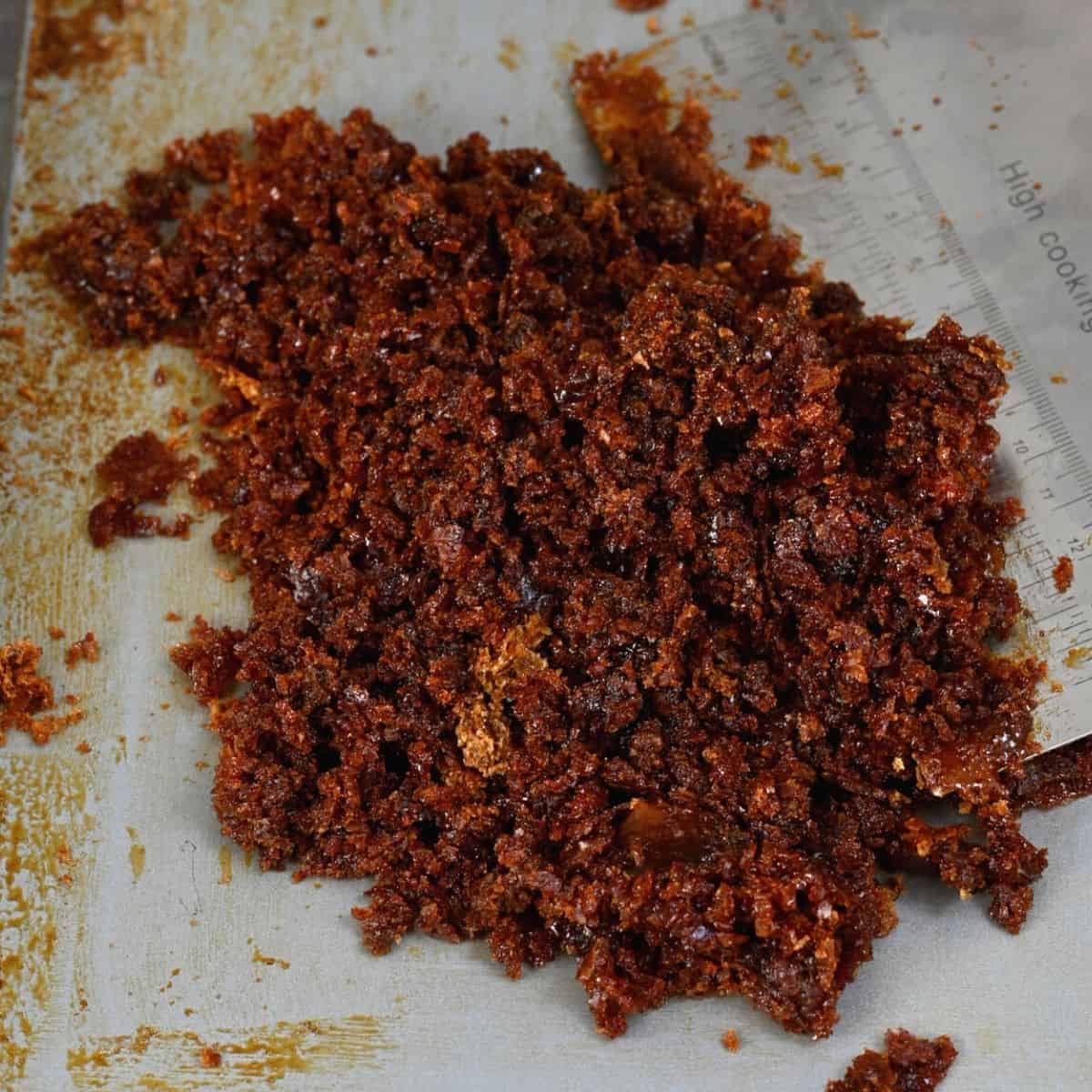Latest Trends in Cane Sugar Processing Chemicals
Latest Trends in Cane Sugar Processing Chemicals
Blog Article
Navigating Regulatory Compliance and Sustainability With Cutting-Edge Walking Stick Sugar Handling Chemicals in the Chemical Export Industry

Regulatory Landscape Overview
In the realm of walking cane sugar processing chemicals within the chemical export market, understanding the regulatory landscape is extremely important for making certain compliance and lasting procedures. Regulatory bodies such as the Epa (EPA) and the Food and Medication Management (FDA) play a crucial function in supervising the manufacturing, import, and export of these chemicals. Conformity with laws stated by these bodies is not just a lawful demand yet additionally crucial for maintaining public health and environmental security standards.
Regulative frameworks controling walking cane sugar handling chemicals include a variety of elements, consisting of labeling requirements, acceptable levels of particular compounds, and standards for risk-free handling and disposal. For chemical merchants, this implies adhering to strict documents processes, quality assurance procedures, and routine audits to demonstrate adherence to these guidelines.

Lasting Walking Cane Sugar Chemical Innovations

One popular location of advancement is the growth of environment-friendly chemicals that decrease water and energy intake throughout the sugar processing stages. By carrying out these sustainable options, business can decrease their carbon impact while preserving high levels of efficiency. In addition, advancements in naturally degradable chemicals are gaining traction, offering an extra ecologically pleasant choice to traditional processing representatives.
Moreover, the combination of renewable power resources in the manufacturing process is ending up being more widespread, further boosting the sustainability profile of walking stick sugar handling. By welcoming these sustainable walking stick sugar chemical technologies, business can not just meet governing needs but additionally show a commitment to ecological obligation in the chemical export market.
Conformity Difficulties in Exporting Chemicals
Navigating regulative structures postures considerable challenges for chemical merchants, calling for meticulous attention to conformity criteria and worldwide regulations. Exporting chemicals involves adherence to a complicated web of regulations that vary from nation to country. Among the primary compliance challenges faced by chemical exporters is guaranteeing that the products meet the certain governing needs of the importing country. This includes acquiring the needed licenses, qualifications, and documentation to show the security and legitimacy of the chemicals being exported.
In addition, chemical exporters have to remain abreast of regularly progressing laws and standards connected to chemical transportation, production, and handling. Failure to comply with these guidelines can cause serious consequences, consisting of fines, lawsuit, and reputational damages. Navigating trade constraints, assents, and export control regulations includes an additional layer of intricacy to the compliance landscape for chemical exporters.
To reduce these challenges, chemical exporters should YOURURL.com purchase robust conformity programs, conduct regular audits, and involve with regulatory authorities to guarantee a detailed understanding of the applicable legislations and guidelines. By prioritizing compliance and remaining proactive in attending to regulative challenges, chemical exporters can navigate the complexities of global trade effectively.
Ecological Impact of Walking Cane Sugar Processing
The ecological implications of cane sugar processing are an essential element requiring comprehensive evaluation in the chemical export sector. Walking cane sugar handling can have substantial ecological effects at different phases of production. One of the main issues is the generation of huge volumes of wastewater including raw material, put on hold solids, and chemicals utilized in the processing plants. This wastewater, otherwise effectively treated, check here can contaminate water bodies, injury marine life, and deteriorate total water quality. Furthermore, the burning of sugarcane fields before harvesting, a typical practice in some areas, launches hazardous air pollutants and greenhouse gases into the atmosphere, adding to air quality concerns and climate adjustment.
Furthermore, the comprehensive usage of chemicals and plant foods in sugarcane farming can bring about dirt destruction, water contamination, and harm to non-target organisms. It is crucial for chemical merchants associated with the walking stick sugar processing industry to execute lasting techniques, invest in sophisticated wastewater therapy modern technologies, advertise accountable farming techniques, and abide by strict ecological policies to minimize the unfavorable environmental effect of their operations.
Future Trends in Sustainability Practices
What ingenious approaches are chemical merchants in the cane sugar processing industry taking on to improve sustainability methods for the future? One popular fad is the shift in the direction of creating and utilizing green chemicals in the processing of walking stick sugar - Cane Sugar Processing find more information Chemicals.
One more essential trend is the execution of innovative innovations such as automation and information analytics to maximize source usage and decrease waste generation. By harnessing the power of information and automation, chemical merchants can enhance their operations, improve energy performance, and improve general sustainability performance.
Furthermore, cooperations and partnerships with sustainability-focused organizations and stakeholders are becoming increasingly common. By collaborating, chemical exporters can trade expertise, share ideal practices, and collectively drive technology towards even more sustainable walking cane sugar handling practices. Embracing these trends will certainly not just benefit the atmosphere but also guarantee lasting success and competition in the sector.
Verdict
Finally, the chemical export sector should browse complicated regulatory landscapes and sustainability challenges when refining walking stick sugar. Innovations in walking cane sugar handling chemicals are important to satisfying conformity requirements and lowering environmental effect. As the market continues to advance, it is very important for business to adopt lasting techniques and stay in advance of future trends to guarantee lasting success.
In the world of walking cane sugar handling chemicals within the chemical export industry, understanding the regulatory landscape is vital for making sure compliance and sustainable procedures.Exploring ingenious approaches in the growth of lasting cane sugar chemical options is essential for progressing ecological stewardship in the chemical export industry. Companies are increasingly spending in research and growth to create sophisticated walking stick sugar handling chemicals that not only guarantee high efficiency in sugar manufacturing yet additionally stick to stringent sustainability standards.
Furthermore, chemical exporters need to remain abreast of continuously evolving standards and guidelines connected to chemical transport, handling, and production - Cane Sugar Processing Chemicals.The ecological ramifications of walking stick sugar handling are an essential facet requiring complete examination in the chemical export industry
Report this page